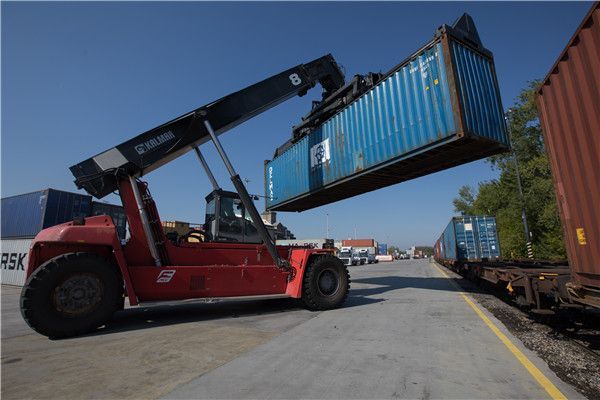The main objective of international trade facilitation is to help streamline and reduce the cost of cross-border trade, while ensuring its safety and security, summarizes the United Nations Economic Commission for Europe (UNECE).
Bureaucratic delays and cumbersome formalities represent a burden for merchants involved in cross-border merchandise trade.
Therefore, from the angle of the World Trade Organization (WTO), trade facilitation – the simplification, modernization and harmonization of export and import procedures – has become an important issue for the world trading system.
In terms of its approach, international trade facilitation refers to the paperwork, procedures, and exchange of information and related documentation between different partners in the supply chain.
For CEPE, international trade facilitation is «the simplification, standardization and harmonization of the procedures and information flows required to move goods from the seller to the buyer and to make payment».
Such a definition implies that not only the physical movement of goods is important in a supply chain, but also the associated information flows.
Likewise, it includes all the government agencies that intervene in the transit of goods, and the various commercial entities that conduct trade and transport of goods. This is in line with the discussions on trade facilitation currently taking place within the WTO.
Because it is important?
There are many potential gains from facilitating international trade, both for governments and for the business community. Public entities will benefit in terms of increased commercial tax collection, better use of resources and greater observance of laws by the merchant.
A more efficient and transparent provision of public services will allow the administration to maintain high levels of security and adequate government control, while reducing opportunities for corruption.
UNECE adds that traders will gain in terms of greater predictability and speed of operations and lower transaction costs, resulting in more competitive exports in global markets.
International Trade
The WTO foresees a reduction in international trade of between 13 and 32% in 2020, as a consequence of the disruption of normal economic activity and life caused by the Covid-19 pandemic worldwide.
WTO Members concluded negotiations at the 2013 Bali Ministerial Conference on the important Trade Facilitation Agreement (TFA), which entered into force on 22 February 2017 after ratification by two-thirds of WTO Members .
The AFC contains provisions to streamline the movement, release and clearance of goods, including goods in transit. It also establishes measures for effective cooperation between customs authorities and other competent authorities in matters related to trade facilitation and compliance with customs procedures, in addition to provisions on technical assistance and capacity building in this area.

